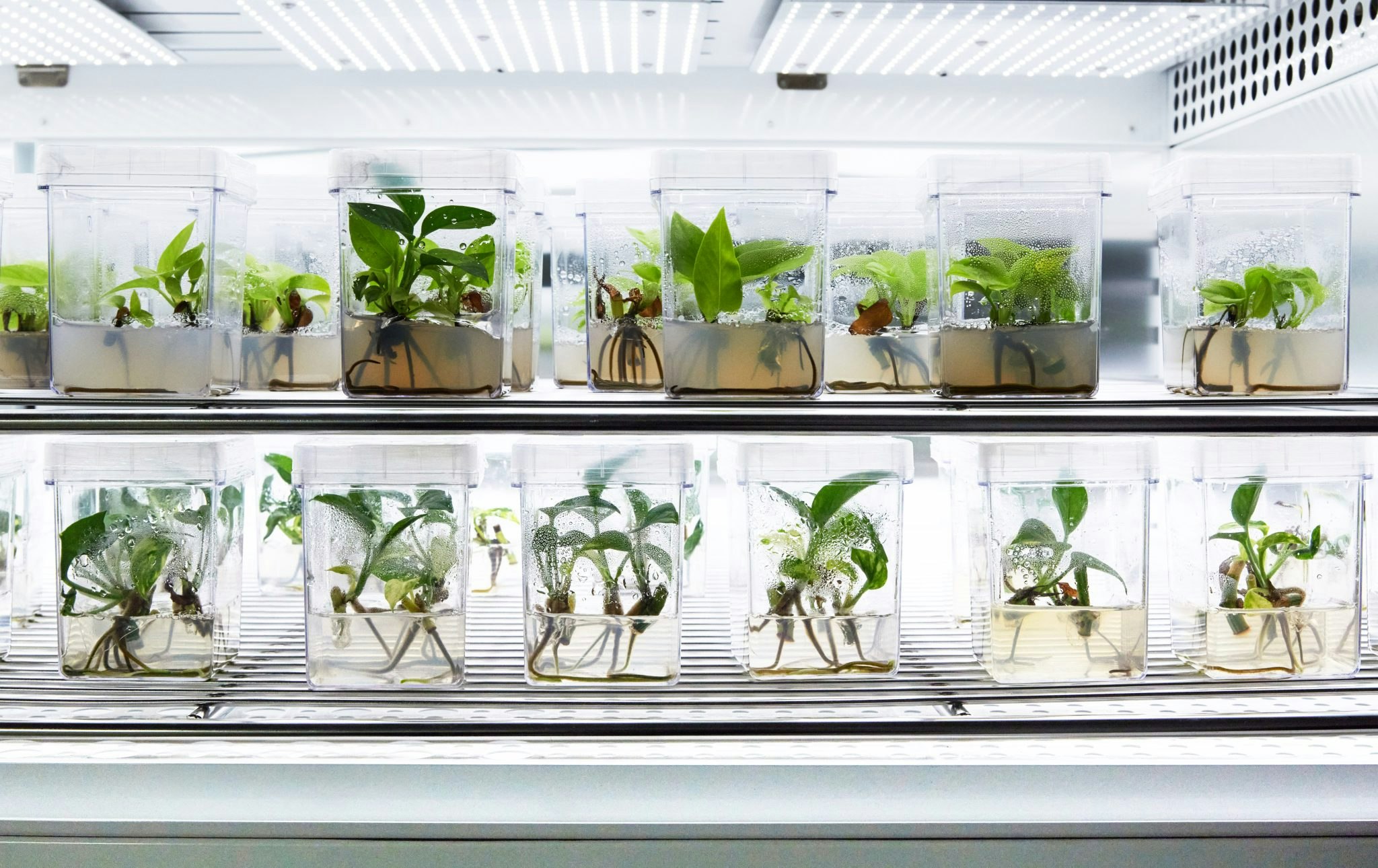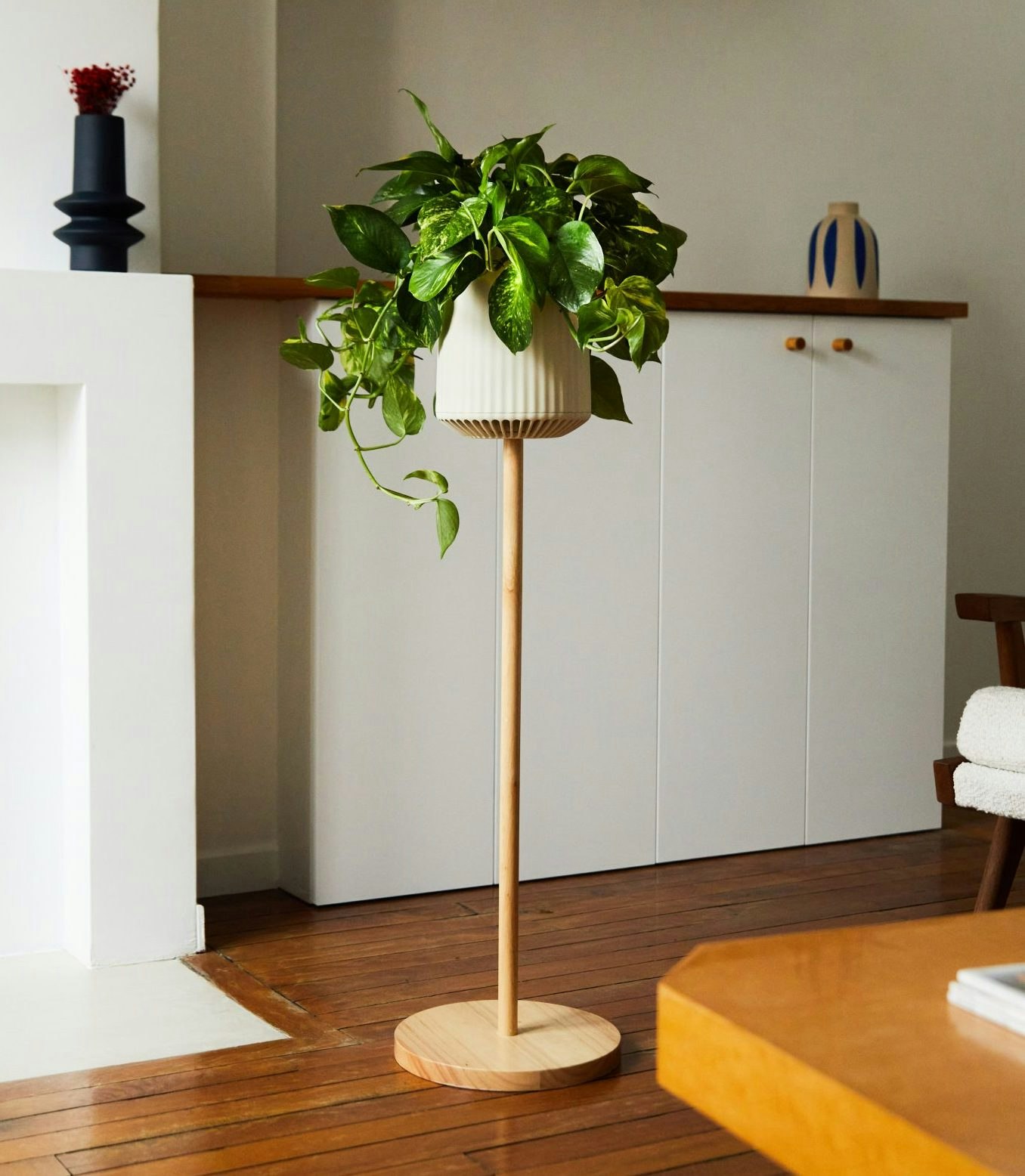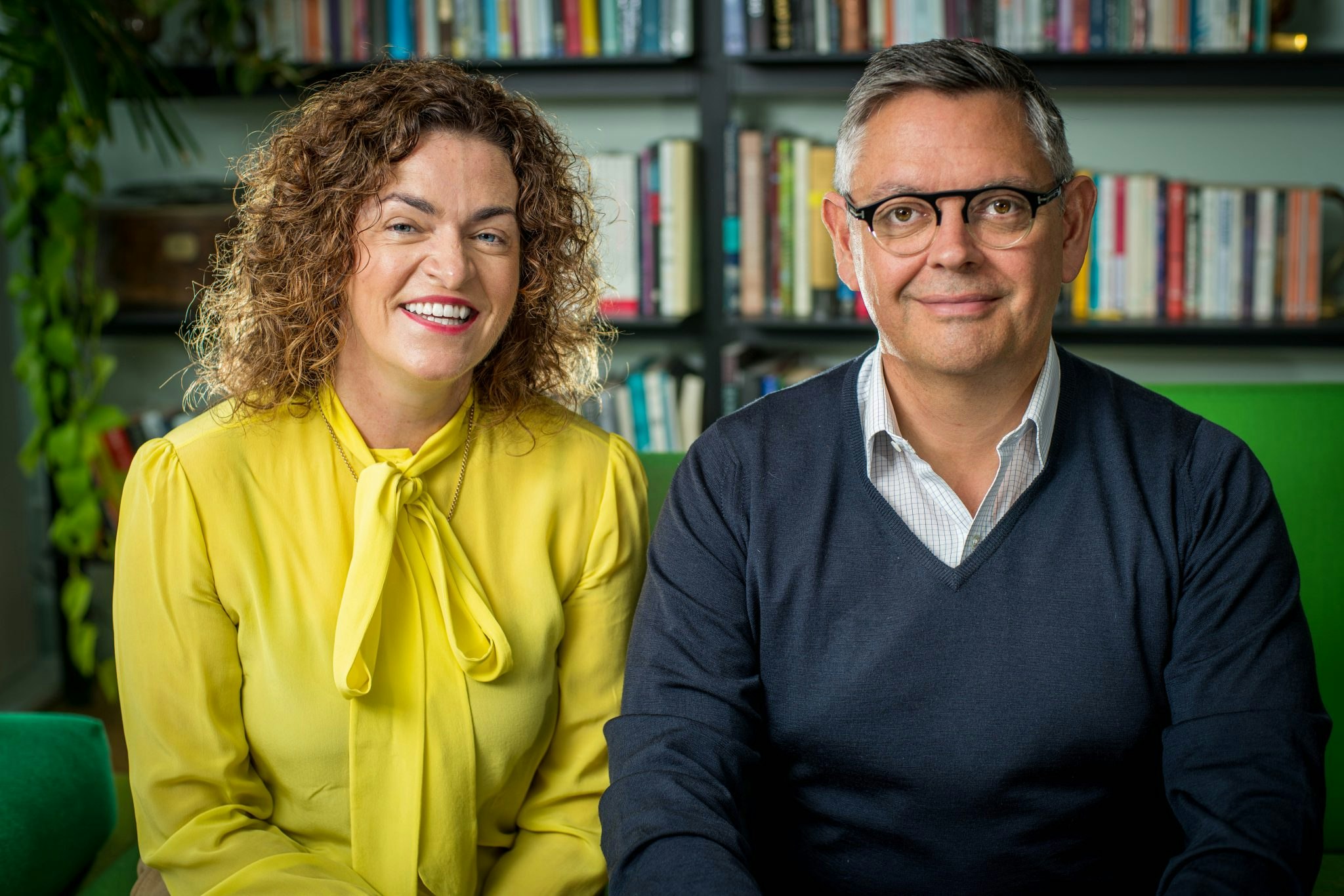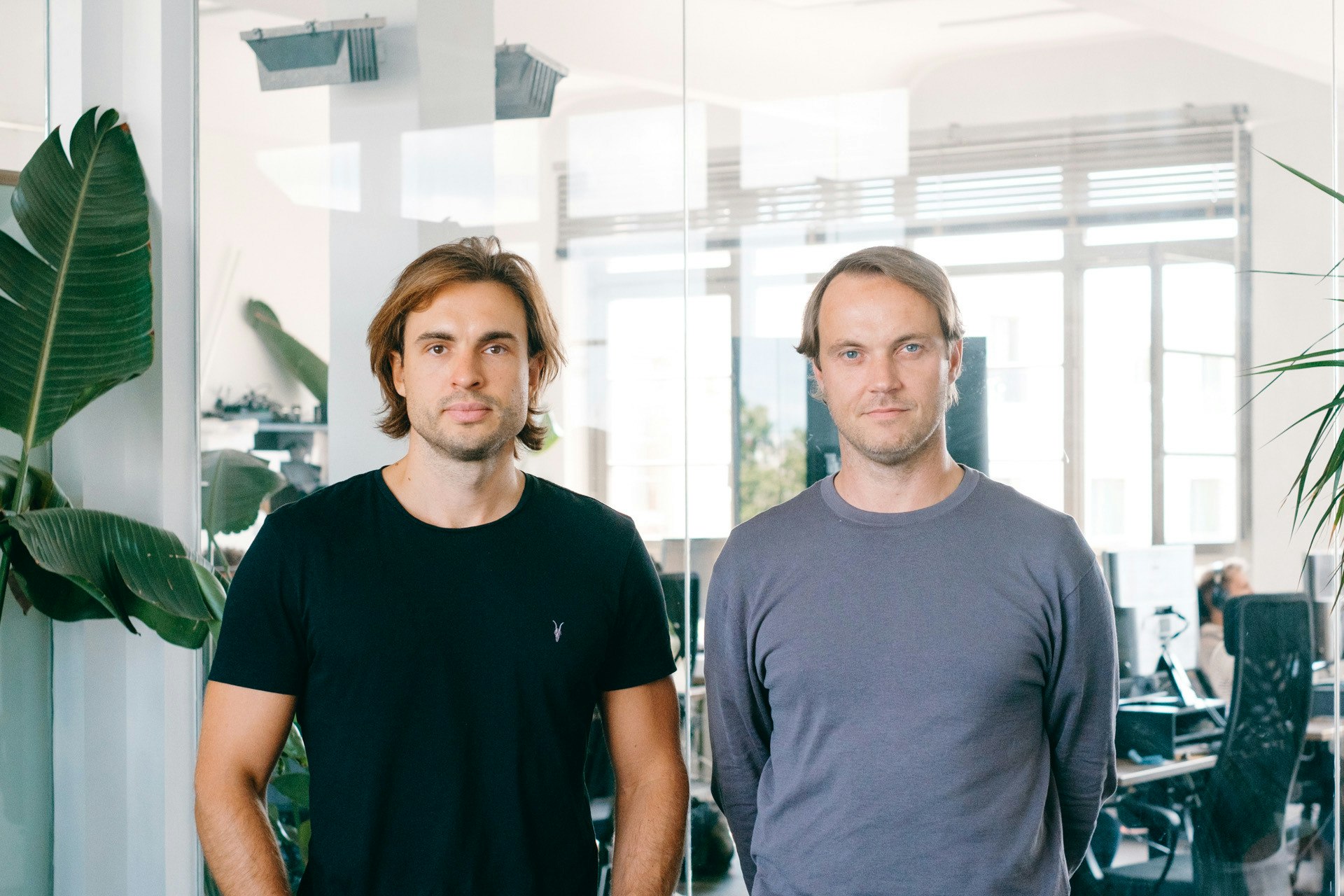If you’re a city-dweller like me, you’ve probably looked at the black soot on your windowsill and thought how wonderful it was that you were breathing that stuff in every day (not). The city air we breathe is almost universally below international safety standards.
So my Sifted colleagues and I were excited to hear there was a Parisian startup making a plant that could purify the air in your house. It sounded like the perfect thing to fit in with all the other plants we already own.
After a long wait, the company, Neoplants, has released more information on said magic plant.
The plant, dubbed Neo P1, is designed to purify the air in a bedroom. The elite houseplant will go on sale in the US this year for $179 a pop. A bargain for my happiness and health (I am choosing to ignore the air purifiers I can buy on Amazon for half the price).
Neoplants has raised $20m from True Ventures, Heartcore, Entrepreneur First (EF) and Collaborative Fund as well as angels like Niklas Zennström.
“We had the idea of making a functional organism,” says Lionel Mora, Neoplants’ cofounder and an alumni of EF. “We looked at ornamental plants. We said, ‘what’s the most powerful function we could give to this beautiful and iconic organism?’” They decided on air purification.

How it works
So how does this biological sorcery work?
The team extracted DNA code from organisms which are able to grow in highly polluted environments and use pollutants themselves as a carbon source — meaning they use them to grow. They then spliced that DNA into a houseplant.
Regular houseplants can sometimes absorb a small amount of pollutants, but they can’t use it as a carbon source to grow — but Neoplants has cracked this.
“A regular houseplant would only use CO2 as its carbon source,” says Mora. “Our plants use CO2 as well as pollutants, which is not something that regular plants do.” Neoplants says its first product will be able to absorb up to 30 times as many pollutants as a standard house plant.
Neoplants is focused on two main categories of pollutants: formaldehyde, and benzene, toluene, ethylbenzene and xylene. They come from outside sources like traffic, but also things like wall paint and materials used in construction, chemicals, cooking and smoking.
Direct-to-consumer climate tech
Neoplants is part of a cohort of climate tech companies selling direct to consumers, albeit with a deeptech twist. Others include startups like Oxwash, an eco-friendly washing service, or Bower Collective, which sells reusable household products.
To my dismay, Neoplants will start selling first in the US. Mora says that’s because the regulation process is a scientific checklist in America, compared in the European Union where regulation is subject to a political vote.
That makes it hard to estimate when Neoplants can go to market in Europe, Mora says — though he does mention the UK as the probable next country after the US.

Onto bigger things: trees
Neoplants’ plans involve more house plant species as well as working on outdoor plants and enhancing their carbon capture abilities. There’s a large number of startups working on nature-based carbon capture, but none so far working on bioengineering the properties of plants.
“We have the strongest belief that nature is the most powerful piece of technology out there,” says Mora. “And that it's really time to start working with it instead of just consuming it or fighting against it.”
A noble ambition. Nature's great; but one of its greatest assets is being free for all.


